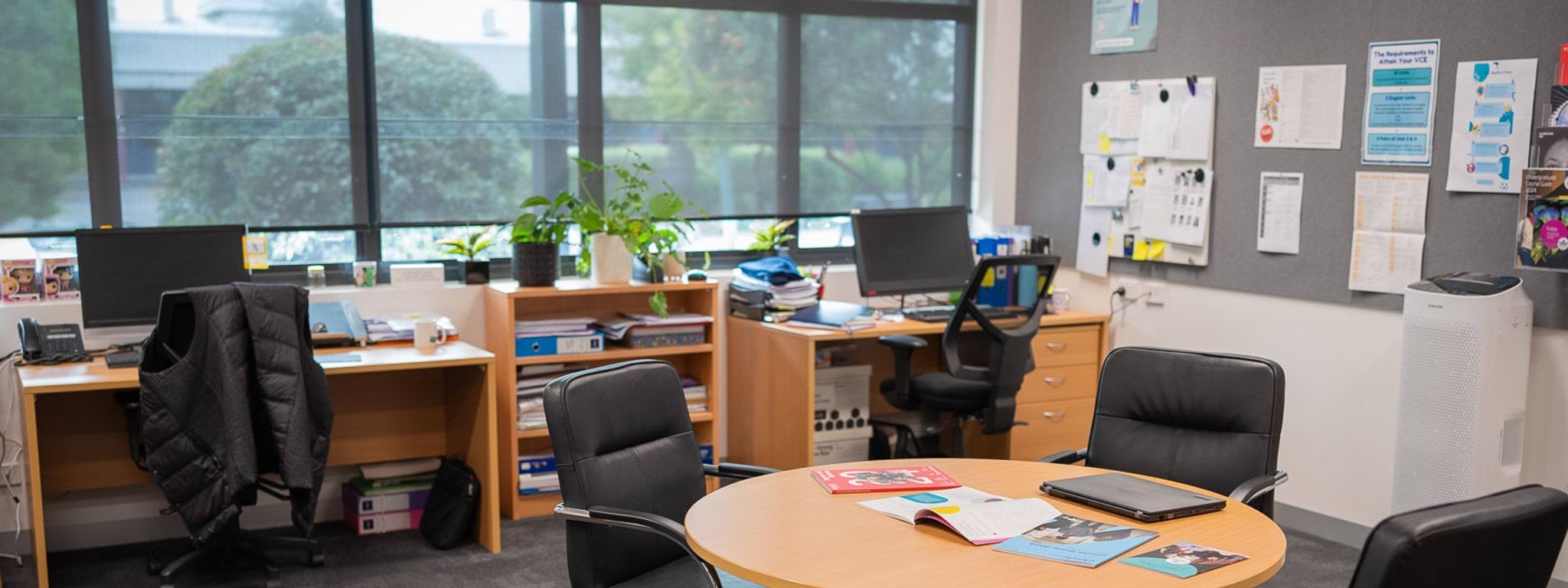Research has found that parents are the single greatest influence on a young person’s education and career decisions. It also suggests that parental involvement improves student motivation, retention, achievement and career outcomes.
By including parents and carers in your school’s career education program, you can support them to play an active role in their young person’s career development. This could include exploring career options with their young person, and having supportive and informed conversations about their young person’s strengths, interests and goals.
Discussing career education
Parent and carers may want to know more about career education activities in secondary school. These points can support your discussion.
- Career education supports learning: By helping students see the links between school, their strengths and interests and their eventual adult life, career education adds purpose to learning and supports their engagement.
- Career education supports wellbeing: It provides opportunities for self-understanding and reflection, which are key capabilities necessary to thrive and respond positively to challenges.
- Important decisions need time: Starting exploration and self-reflection in Year 7 gives young people time to develop the skills and knowledge they will need to make important decisions about school subjects and learning after school with confidence.
- Learning is life-long: Most careers include a variety of roles in different industries across a lifetime and may include jobs that don’t even exist yet. Career education provides skills and knowledge that allow young people to respond positively to changes and transitions.
Participating in key activities
The 4 key career education activities all provide opportunities to engage parents and carers in their young person’s career development. Parents and carers:
- should get a copy of their young person’s career action plan with their school report
- must give consent for full participation in My Career Insights, can be invited to their young person’s meeting with a career consultant, and can explore Morrisby with their young person
- can help arrange work-based learning placements for students through their personal or professional networks, or can speak at school about their career or industry
- can be invited to career counselling sessions, helping them support their young person’s decision-making with a shared understanding of their options and goals.
Student transition points
It’s especially valuable to communicate with parents and carers of young people about career education at transition points. You can answer key questions at an information night or through your school’s newsletter.
Communication and engagement
Your communication with parents and carers can equip them with knowledge and skills to:
- champion and celebrate their young person’s career self-management
- support their young person through challenges and opportunities throughout their working life
- identify outdated views that can limit a young person's potential in the modern economy.
To help parents and carers and understand the importance and relevance of career education, consider these suggestions:
- Use your school’s newsletter or school management system to communicate regularly about career education activities, opportunities and success stories.
- Write about career education with simple language, avoiding education jargon.
- Find the best time for parent and carer availability when scheduling activities.
- Use interpreters at information nights, workshops and other events.
- Seek parent and carer opinions and suggestions after events or key career education activities.
- Set up a physical or digital parent and carer noticeboard where you can display relevant career information.
Resources for parent and carer engagement
Share these resources with parents and carers to help them support their young person’s career development:
- Career and course exploration with your child
- Talk to your child after their career
- Study options in Year 11 and 12.
For more resources to share with parents and carers, see Career counselling.
Updated
